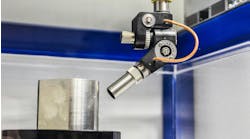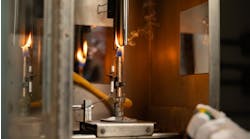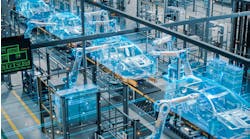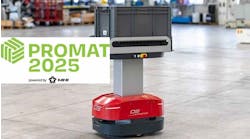JVL, the European leader in the development of integrated servo and stepper motor technology, has now again developed a new and unique product in the field of integrated motor control.
The MAC1500 motor sets completely new standards for the performance and size of servo controls. With a length of only 182mm for a 1500W motor with a torque of 4.78/14.3 Nm at 3000rpm, this MAC motor matches the size of traditional servo motors without built-in controllers with flange 130x130mm. This has only been possible through the use of extremely compact motors and the development of electronics and mechanics that utilise the latest technologies and manufacturing methods. So what about vibrations and temperature? As with the other integrated servo motors in the range (50-4500W), both the motor and all electronic components have been specifically selected to withstand the rigorous demands required by industrial use.
Powering this motor is easy since it only requires connection of the main voltage of 3x400VAC through the M23 connectors. Control voltage for the encoder and microprocessor circuitry is 24VDC: In an emergency-stop situation, where an approved relay has cut-off the main power, encoder position and other values are maintained by this control voltage. Furthermore highly effective switching technology is used to ensure low heat generation resulting in appreciable energy savings.
One of the big advantages of using the integrated MAC1500 motor is that you don't need to install a separate servo driver or controller in a control cabinet. This gives you many subsequent advantages: Space savings in your control cabinet, saving of expensive motor and encoder cables, saving time (and money) for cabling, noise is minimized due to internal cabling and also installation errors between driver and motor are eliminated. In addition, service is much easier, since the motor and controller can be replaced as a single integrated unit. Hence downtime is minimized and production is maximized.










